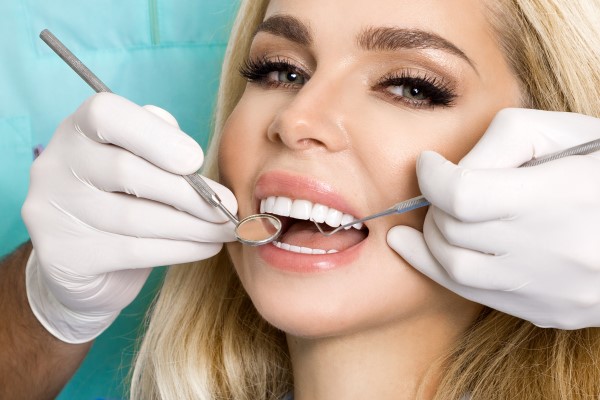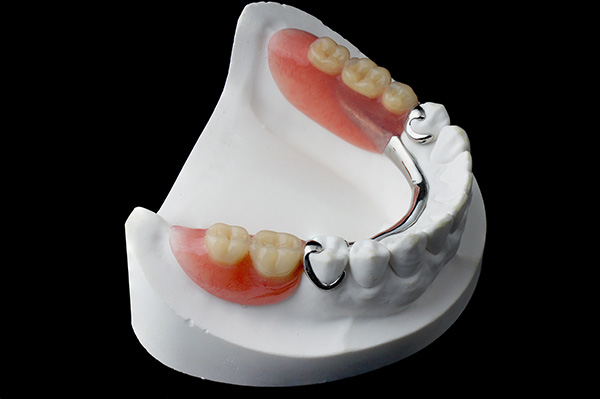 Although practitioners of general dentistry talk about the harmful effects of sugar all the time, we all continue to consume it. This could be due to addiction or a lack of self-control. Sugar has many negative impacts on general health, but it also has a variety of repercussions on the teeth and gums. Since your oral health is linked to your entire body's health, it is vital to do all you can to maintain it.
Although practitioners of general dentistry talk about the harmful effects of sugar all the time, we all continue to consume it. This could be due to addiction or a lack of self-control. Sugar has many negative impacts on general health, but it also has a variety of repercussions on the teeth and gums. Since your oral health is linked to your entire body's health, it is vital to do all you can to maintain it.
Sugar alters the acidity of the mouth
Many people do not know that sugar has an impact on the mouth's PH balance. Natural saliva is acidic, and when coupled with frequent teeth brushing, it may help maintain a low pH level, which is ideal for tooth and gum health. When people eat sugar, the saliva reacts with it and starts to disintegrate it.
When the bacteria in saliva combine with the sugar, they produce acid, which raises the pH level. This imbalance may cause the mouth to become more acidic. Acid levels may stay high for up to twenty minutes, during which time the acid starts to eat away at the teeth enamel, causing dental cavities.
Bacteria growth
The swarms of microscopic bacteria that cause gum issues like gingivitis and, in turn, receding gums and the need for costly treatments to heal the damage are attracted to the destructive acids produced when consuming sugary foods and beverages. Since most people cannot completely get rid of sugar, it is important to maintain good oral hygiene and go to the general dentistry office for regular dental exams.
The sugar effects
Sugar is available in different forms, the most common of which is solid sugar crystals found in foods, gum, and sweets. These non-liquid sugars are dangerous because they leave a sticky film on the teeth that is hard for saliva to clean. The highly concentrated and processed form of the components present in many popular processed meals exacerbates the adverse effects of sugars.
How to prevent sugar damage to the teeth
Practicing good dental hygiene and consuming sugary meals in moderation are two simple methods to protect teeth against sugar. Brushing and flossing your teeth regularly is one way to protect the teeth from plaque. Individuals need to note that brushing right after eating sugar is not the most excellent idea.
Sugar affects teeth for longer than the initial contact, softening enamel for up to an hour after consumption. As a result, it may be advisable to drink water as quickly as possible to flush the sugar from the mouth. It is advisable to wait for a while before brushing and flossing.
Sugars are different, and certain types are more harmful than others. Avoiding sticky sweet meals and drinks (such as sodas and energy drinks) with high levels of sugars and acids is essential for protecting the teeth.
Final note
The best approach to protect your teeth from the effects of sugar is to see the general dentist regularly for a teeth cleaning, which removes plaque, tartar, and food debris from the mouth. Contact the general dentistry office to book an appointment.
Request an appointment or call Southern Cal Smiles: Susan Fredericks, D.D.S, M.P.H. at 818-657-8055 for an appointment in our Woodland Hills office.
Related Posts
General dentistry helps prevent, diagnose, and treat a wide range of dental issues, like tooth decay and gum disease. General dentists are the most common types of dentists, and they spend most of their time performing preventative treatments.Many patients have oral health questions for general dentists. Here are the answers to the most frequently asked…
General dentistry focuses on preventative treatments that help keep your teeth and gums healthy. Brushing and flossing are the foundations of preventative dentistry, and the type of toothpaste that you use can make your brushing sessions even more effective.With so many different types of toothpaste to choose from, figuring out what type works best can…
When you think of general dentistry, you may first think of teeth cleanings, examinations, and fluoride treatments. While these are typical services at the dentist’s office, treatments for more serious issues are common too. If you have a damaged tooth, you may be in pain and may be prone to getting infections or cavities. The…


